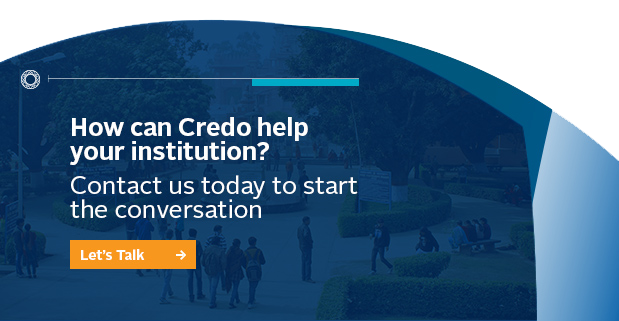
February 28 2012
This is a continuation from my second blog post on adult education which discusses what every institution should consider to ensure that an adult education program fits with an institution’s past, present and future goals.
Previously I highlighted that an Adult Education Program must have:
1. Institutional Mission-Driven Objectives
2. Integrated Market Research, Branding, Promotion
3. Streamlined Organization & Systems
4. Distinctive, Relevant and Affordable Programs
5. Feeder Partnerships and Relationships
6. Student-Centered Delivery Modalities Continuing down our Adult Education Truths path
Here are three more key areas to consider:
Reliable Technology Solutions
Because of today’s integrated educational culture, institutions of higher education must be able to support their students both in and outside the classroom. Today’s adult learners have sophisticated needs, high standards and require even greater levels of reliable technology, access and support than ever before. When considering technology for adult learners, institutions must consider the following:
- Are the institution’s adult education program technology solutions sophisticated in nature and well positioned to support the integrated curricular and operational needs of students, faculty and staff?
- Does the institution’s instructional technology area have the holistic capacity and infrastructure to support robust and evolving technology solutions?
Rigorous Curriculum Oversight
What does the curriculum look like at your institution? Meeting the needs of adult learners face-to-face and online is increasingly becoming more popular and your institution must have a curriculum to match, with the right people to foster it’s ongoing evolution, rigor and outcomes.
- Do the full-time faculty own the adult education curriculum at the institution?
- How is the adult education curriculum designed?
- Through what means and how often is the adult education curriculum evaluated?
- Who conducts these evaluations?
- How is the adult education undergraduate curriculum linked to the institution’s traditional undergraduate curriculum?
- How are curricular changes proposed and implemented, and by whom?
Uncompromising Access & Convenience
Similar to technology, adult learners seek flexibility in their education. While most are working full time, they want to be able to access their classes, assignments and classmates online, in-person, through their mobile devices and more. Your institutions must be committed to meeting their many and varied needs, while constantly peeking behind the curtain to see what’s not only best practice, but next practice.
- What is the experience of adult education students in terms of their routine access to advising, faculty, curricular information, and other key student services throughout their academic experience?
- How are office and facility schedules designed to serve the unique needs of adult education students?
Recent Posts
- Richard Dunsworth, J.D., To Receive 12th Annual Courageous Leadership Award December 16 2024
- Meet the 2024 Credo Values Award Recipients August 27 2024
- What is Executive Coaching, Really? June 25 2024
- Credo & The Constructive Dialogue Institute Announce A New Partnership For Higher Education Leadership Development March 7 2024
- Celebrating Women And Gender-Diverse Learners & Leaders February 28 2024
Categories
- Strategy
- Leadership
- Student Success
- Student Success & Retention
- Enrollment
- Pivot
- Strategic Planning
- Leadership Development
- News
- Strategic Enrollment
- Campus Planning and Architecture
- Moving the Needle
- Data
- Research
- Retention
- Campus Master Planning
- Enrollment & Financial Aid
- Academic Programming
- Campus Planning
- Thriving
- Admitted Student Research
- Architecture
- Finance
- Advising
- Admissions

